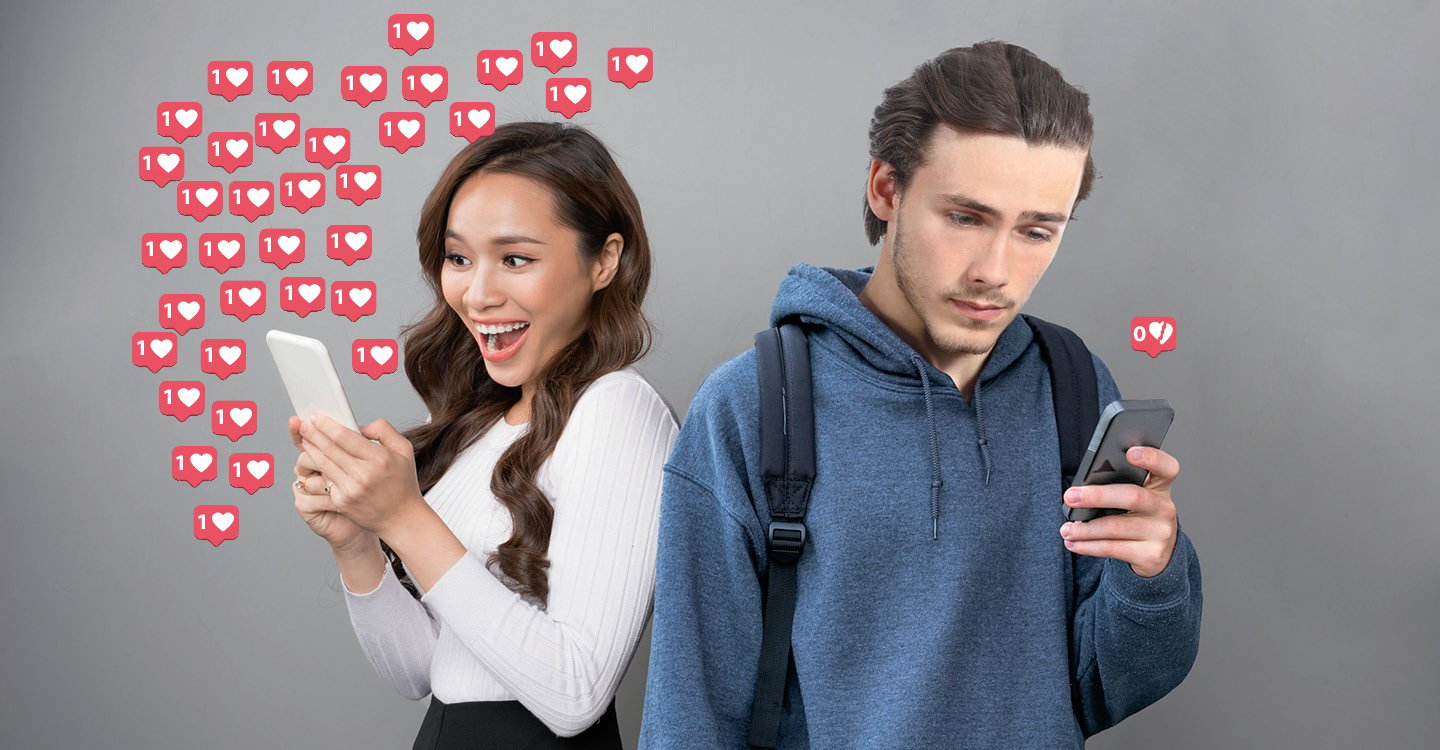Like many of his peers, Zedrick McCall has worried about the sting of online rejection: If one of his posts on Instagram fails to attract many fans, “it kind of makes you feel you’re not liked, or that your content isn’t worth liking,” says the senior at Sidney Lanier High School in Montgomery, Alabama.
Hundreds of millions of users worldwide have flocked to Instagram, in part to experience the rush of having their photos or videos publicly liked by more and more people. But amid a growing concern that the thirst for digital acceptance may be fueling anxiety and depression, particularly in young people, Instagram is considering upending one of its most prominent features: In a preliminary test that began in November with some American users, the social media company is hiding the like counts that usually appear beneath people’s posts. The new interface has already been tested in seven other countries, including Canada, Brazil, and Japan.
“We don’t want Instagram to feel like a competition,” Instagram CEO Adam Mosseri said last spring. “We want people to worry a little less about how many likes they’re getting on Instagram and spend a bit more time connecting with the people they care about.”
Like many of his peers, Zedrick McCall has worried about online rejection. He’s experienced how it feels when a post on Instagram doesn’t get much attention. “It kind of makes you feel you’re not liked, or that your content isn’t worth liking,” says the senior at Sidney Lanier High School in Montgomery, Alabama.
Hundreds of millions of users worldwide have flocked to Instagram. The rush of having photos or videos publicly liked by more and more people is part of the platform’s appeal. But there have been growing concerns about the thirst for digital acceptance. In fact, this desire may be fueling anxiety and depression, particularly in young people. As a result, Instagram is considering upending one of its most prominent features. The social media company is hiding the like counts that usually appear under people’s posts. They kicked things off with a test run with some American users in November. The new format has already been tested in seven other countries, including Canada, Brazil, and Japan.
“We don’t want Instagram to feel like a competition,” Instagram CEO Adam Mosseri said last spring. “We want people to worry a little less about how many likes they’re getting on Instagram and spend a bit more time connecting with the people they care about.”

